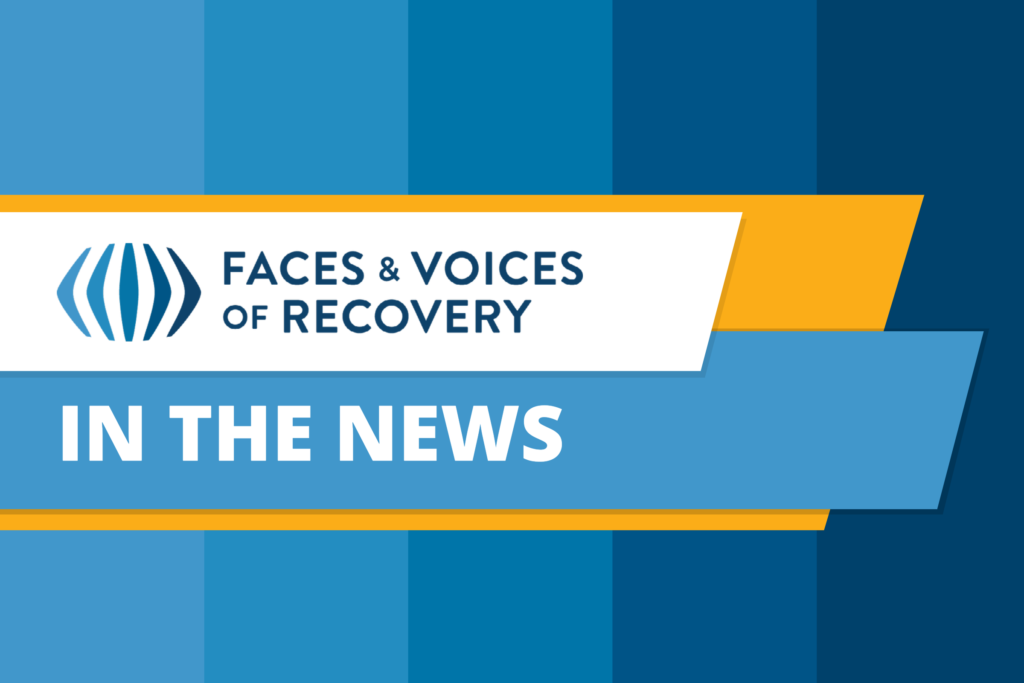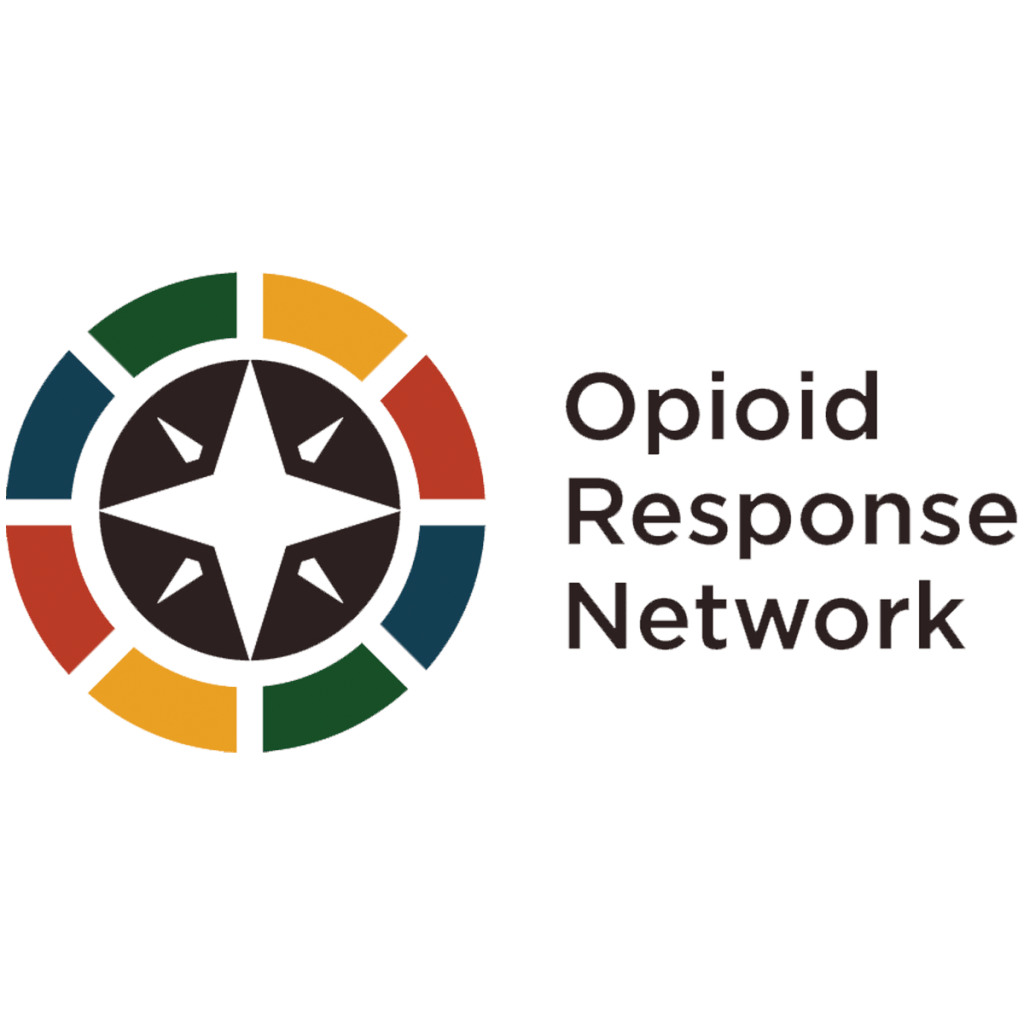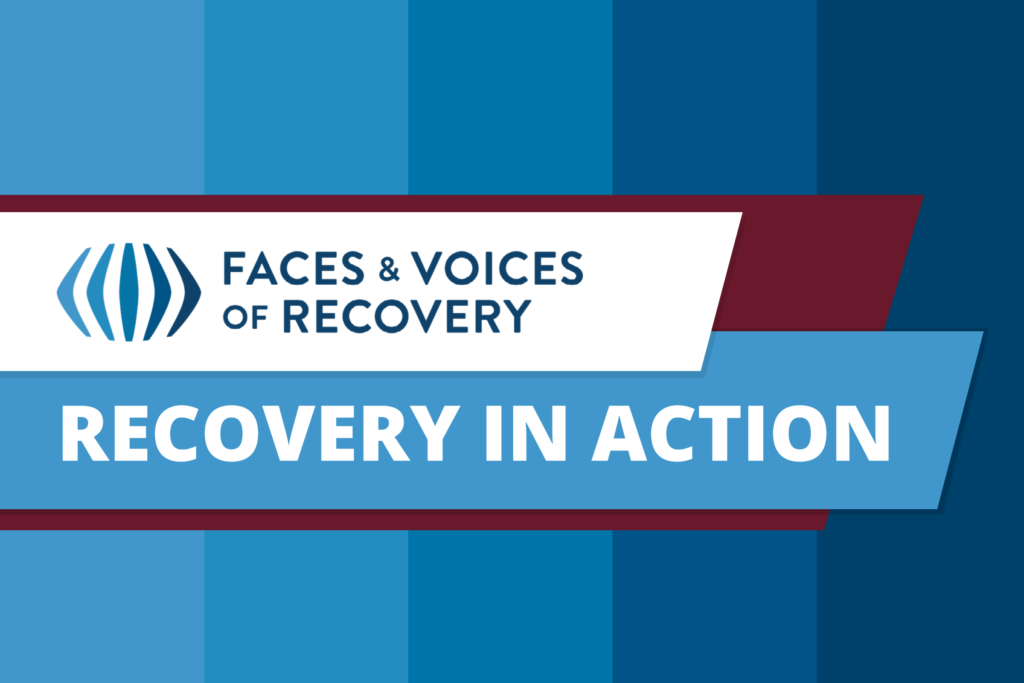Policy & Advocacy Initiatives & Updates
At Faces & Voices, we proudly lead the charge in building a recovery-ready nation that benefits everyone. Our policy agenda creates comprehensive recovery support services and ensures that people with lived experience are at the forefront of every decision that impacts them.
A Moonshot Goal
End the Overdose Crisis, Rebuild Lives and Communities
We urge national leaders to pursue an ambitious goal: end the overdose crisis and rebuild American lives, families, and communities. This means pairing urgent, life-saving interventions with long-term strategies that strengthen the foundations of recovery—stable housing, meaningful work, strong families, and accountable, effective services. Every federal policy, program, and action should help reduce preventable deaths and give people a real path to long-term stability and independence.
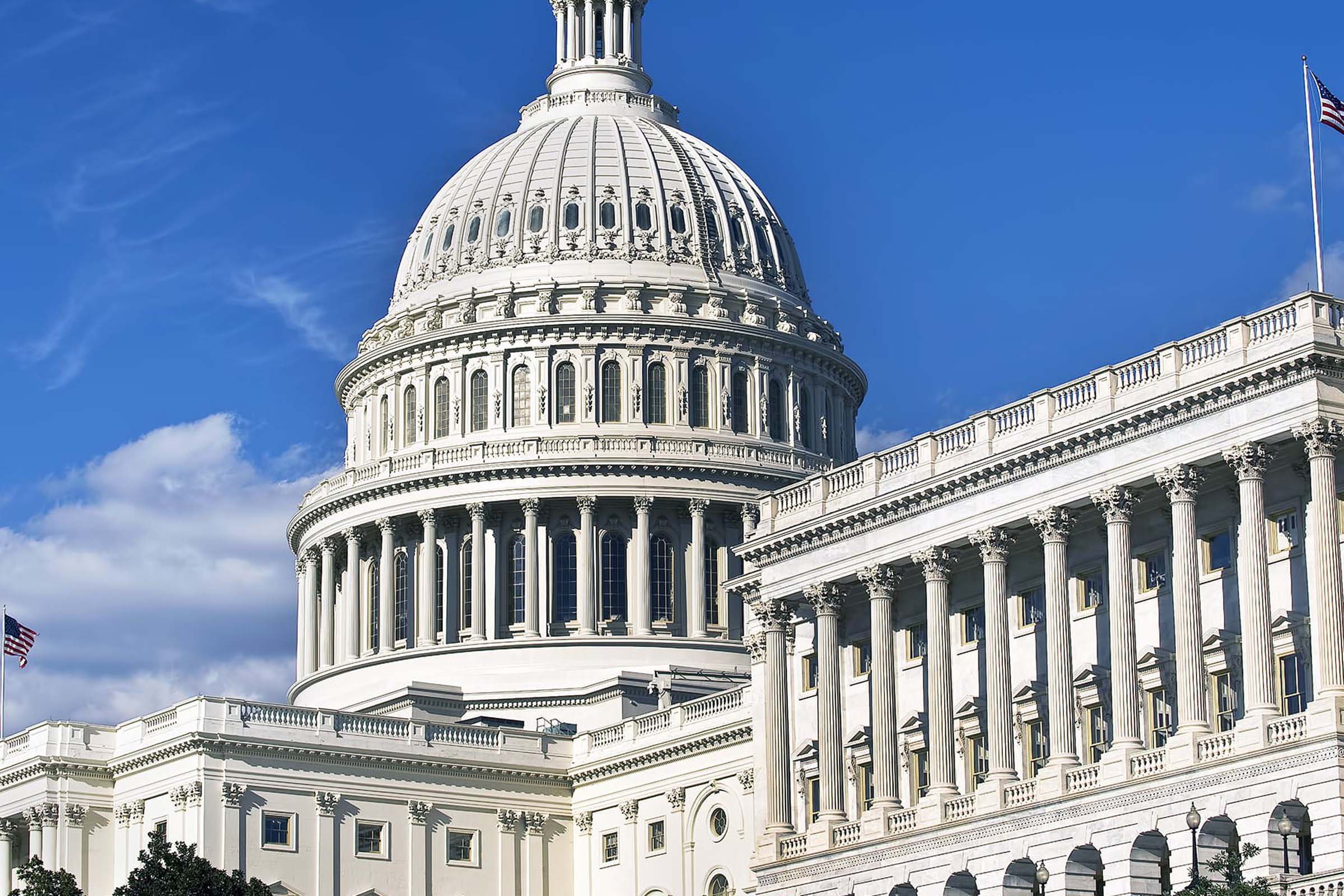
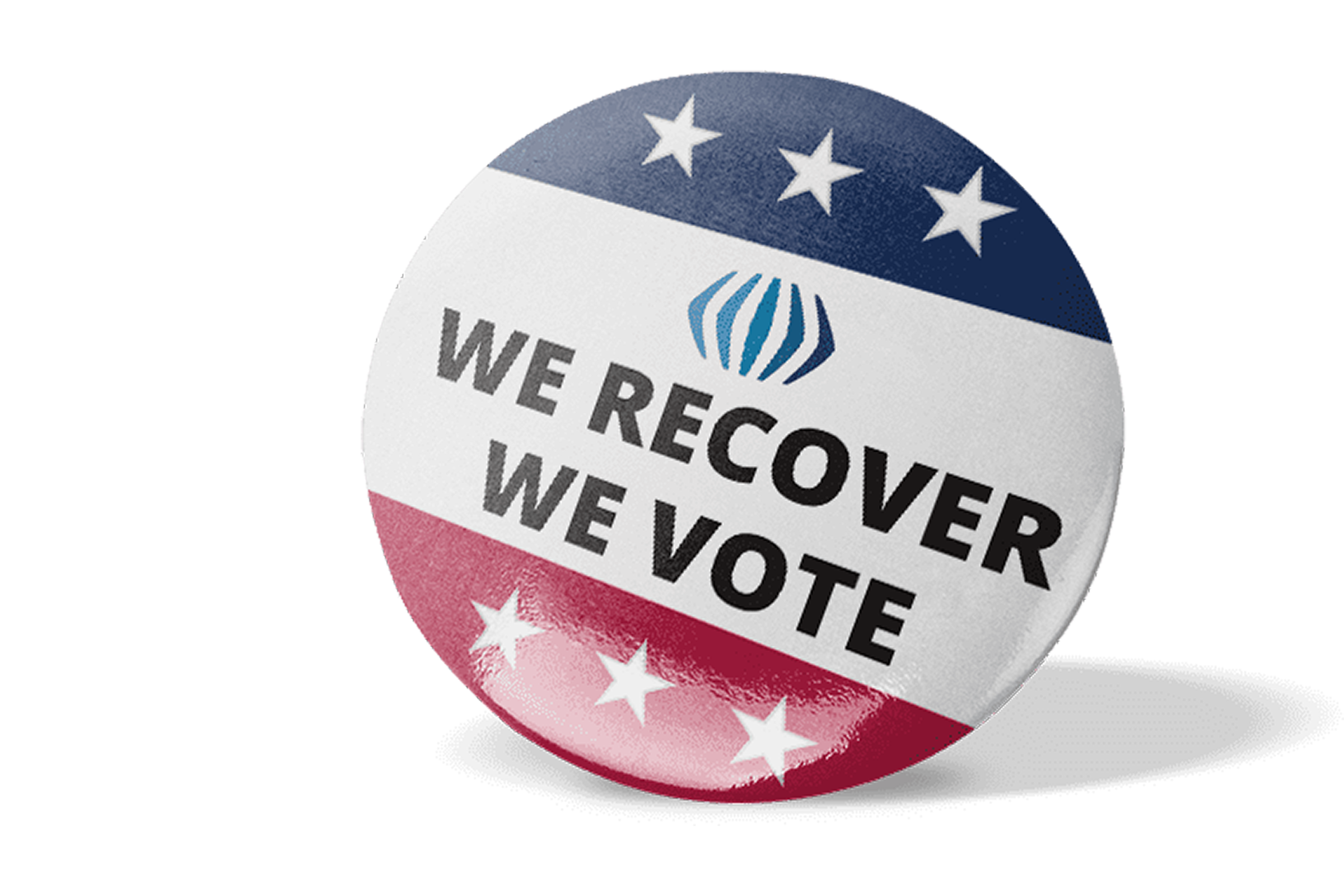
2026 Policy Asks from Faces & Voices of Recovery
Our Updates
Public Policy Updates
We’re committed to paving the way for equitable recovery opportunities by advocating for policies and resources that support those affected by addiction.
Legislation
we support
01
Re-entry Act of 2025 (H.R.2586)
This bipartisan legislation would allow Medicaid to reimburse for medical services provided to incarcerated individuals during the 30-day period prior to the individual’s release. This bill would restore access to healthcare– including life-saving addiction and mental health treatment– to Medicaid beneficiaries, reducing recidivism and preventing overdose deaths.
02
RESTORE Act of 2023 (H.R.3479/ S.1753)
This Act, in the 2023 Farm Bill, proposes to end the lifetime ban on SNAP for people convicted of a drug felony, fostering an environment conducive to recovery.03
Substance Use Disorder Treatment and Recovery Loan Repayment Program Reauthorization Act of 2023 (H.R.3355)
This bill reauthorizes through FY2028 and modifies the Substance Use Disorder Treatment and Recovery Loan Repayment Program. The program provides student loan repayment awards to eligible individuals who provide treatment and recovery support services to patients with a substance use disorder at an approved facility.
04
Fiscal Year 2025 Appropriations within SAMHSA
In Fiscal Year 2025, the Substance Abuse and Mental Health Services Administration (SAMHSA) is requested $8.1 billion in appropriations. The proposed budget was intended to support various initiatives focused on improving mental health, preventing substance use and overdose, and addressing the ongoing mental health crisis and overdose epidemic
05
H.R. 2483, the SUPPORT for Patients and Communities Reauthorization Act of 2025
This bill reauthorizes key public health programs focused on prevention, treatment, and recovery for patients with substance use disorder that were established in the Substance Use-Disorder Prevention that Promotes Opioid Recovery and Treatment (SUPPORT) for Patients and Communities Act, which was signed into law in 2018.
06
Funding for the Second Chance Act in the FY26 CJS Appropriations Bill
In Fiscal Year 2025, the Substance Abuse and Mental Health Services Administration (SAMHSA) is requested $8.1 billion in appropriations. The proposed budget was intended to support various initiatives focused on improving mental health, preventing substance use and overdose, and addressing the ongoing mental health crisis and overdose epidemic
Be Informed
Latest News
Faces & Voices of Recovery is the nation’s leading advocate for addiction recovery, providing resources, thought leadership, and commentary to support recovery efforts. Through our monthly newsletter, Public Policy updates, and other communications, we share news, research, and innovations affecting the recovery community.
Together, our voices can shape policy and change lives.

